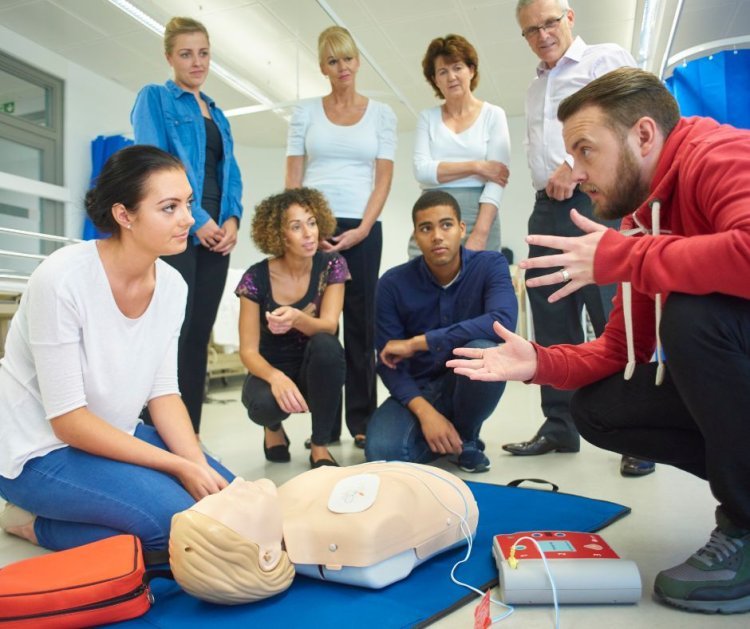In emergencies, every second counts. Whether at home, work, or in public spaces, having basic first aid knowledge can be crucial in stabilizing a situation until professional help arrives. However, there are scenarios where standard first aid practices may not suffice. This is where advanced first aid steps in, offering a deeper level of care and intervention that can significantly improve outcomes and potentially save lives.
Understanding Advanced First Aid
Advanced first aid goes beyond the fundamentals of treating minor injuries and includes techniques that require additional training and expertise. It equips individuals with the skills to handle more complex medical emergencies until advanced medical personnel can take over. This level of training is particularly valuable in workplaces, outdoor environments, and remote locations where access to professional medical care may be limited.
Key Components of Advanced First Aid
-
Advanced Assessment Skills: Advanced first aid providers are trained to conduct thorough assessments of casualties. This includes identifying critical injuries or conditions that may not be immediately obvious, such as internal bleeding or head trauma. Early recognition of these issues is crucial for initiating appropriate treatment.
-
Medical Interventions: Beyond basic wound care and CPR, advanced first aid involves administering medications, managing fractures, and stabilizing spinal injuries. These interventions require a comprehensive understanding of human anatomy and physiology to ensure actions taken are safe and effective.
-
Use of Specialized Equipment: Advanced first aid often involves the use of specialized equipment such as automated external defibrillators (AEDs), traction splints, and advanced airway management tools. Proper training ensures these tools are used correctly, minimizing risks and maximizing their potential to save lives.
-
Emergency Planning and Preparedness: Advanced first aid providers are trained in emergency planning and preparedness. This includes assessing risks, developing emergency response protocols, and ensuring adequate supplies are available. Preparation is key to handling crises effectively and minimizing panic in stressful situations.
Applications of Advanced First Aid
Workplace Safety
In industrial settings, construction sites, and factories, accidents can happen unexpectedly. Advanced first aid-trained personnel play a crucial role in providing immediate care until paramedics arrive. This not only enhances safety but also promotes a culture of preparedness and responsibility among employees.
Outdoor and Wilderness Environments
Activities such as hiking, camping, and mountaineering often take place in remote locations where access to medical facilities is limited. Advanced first aid skills are invaluable in managing injuries such as falls, hypothermia, and animal bites until rescue teams can reach the scene.
Community and Public Events
Large gatherings and events can pose significant health risks due to the density of attendees and potential for accidents or medical emergencies. Having individuals trained in advanced first aid ensures rapid response and effective management of incidents, promoting the well-being of participants and bystanders alike.
Training and Certification
Obtaining certification in advanced first aid typically involves formal training courses offered by recognized organizations. These courses cover a range of topics including advanced assessment techniques, medical interventions, and emergency management strategies. Regular recertification ensures skills remain current and participants are prepared to respond to evolving medical situations.
Conclusion
Advanced first aid is not just a skillset; it's a commitment to safety and readiness. By investing in advanced training, individuals and organizations empower themselves to handle emergencies effectively, potentially reducing the severity of injuries and improving outcomes. Whether in the workplace, outdoors, or within communities, the ability to provide advanced first aid can make a critical difference in protecting lives and promoting well-being.
In essence, advanced first aid extends the reach of basic emergency care, bridging the gap between initial response and professional medical treatment. It embodies the proactive approach to emergency preparedness, ensuring that those in need receive timely and competent assistance when every second counts.











![Wireless Connectivity Software Market Size, Share | Statistics [2032]](https://handyclassified.com/uploads/images/202404/image_100x75_661f3be896033.jpg)



